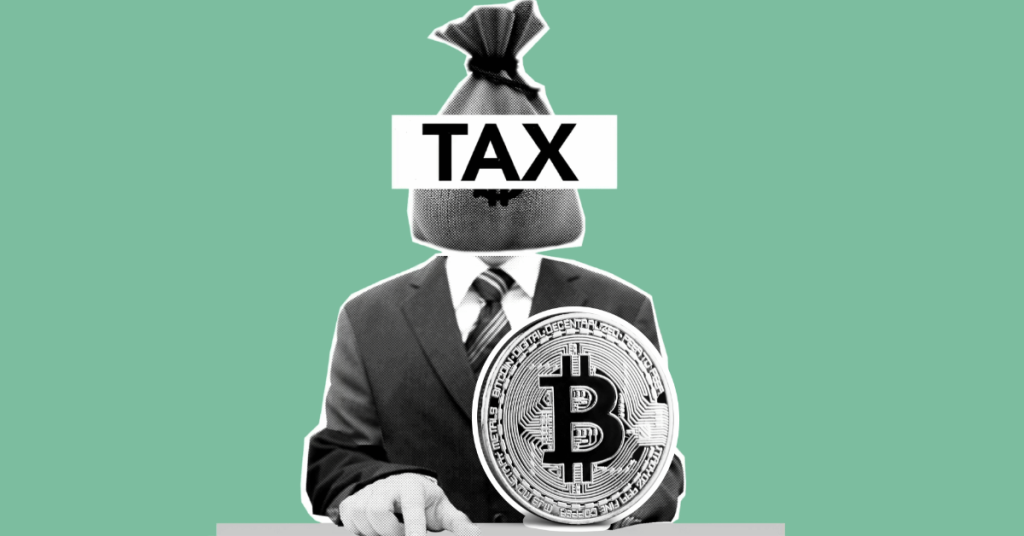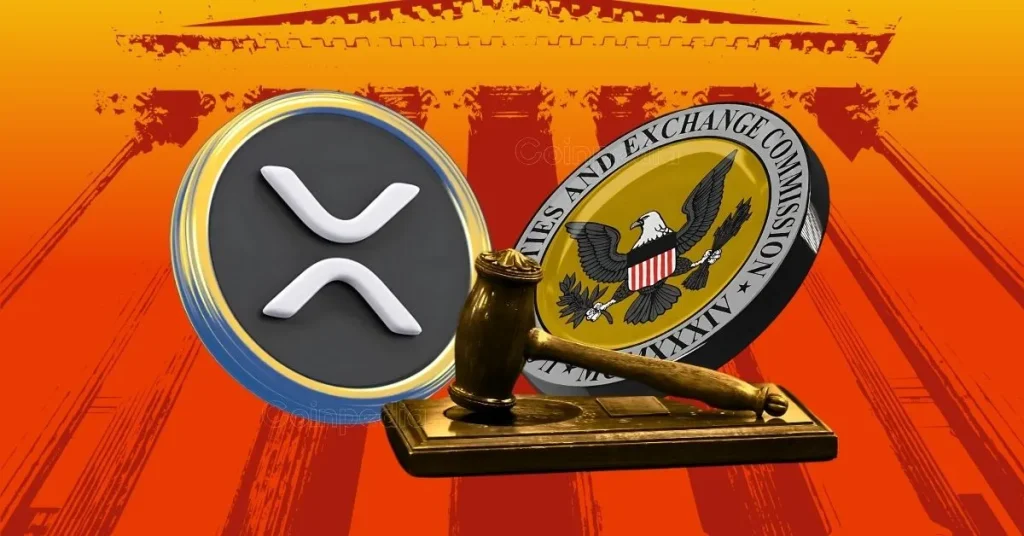
The post Crypto Tax Relief: What the IRS’s New Rules Mean for Investors in 2025 appeared first on Coinpedia Fintech News
The IRS has introduced temporary tax relief for cryptocurrency holders using centralized exchanges, aiming to ease the transition to stricter tax regulations coming in 2025. This move will give more flexibility, potentially saving taxpayers from paying higher tax bills. The change of heart could be the changing political scenario to make crypto less complicated for investors. The new change will give some time for crypto users to file their taxes with ease.
Avoiding Higher Taxes with Flexible Rules
Tax expert Shehan Chandrasekera shared on X that the IRS’s temporary tax relief for crypto users is great news for investors.
Starting January 1, 2025, new IRS regulations under Section 6045 will require crypto transactions to follow FIFO (First-In, First-Out) accounting unless an alternative method, like HIFO (Highest-In, First-Out) or Specific Identification (Spec ID), is selected. FIFO mandates selling the oldest assets first, which could lead to higher taxable gains since older purchases often have lower costs.
The relief allows crypto holders to bypass this default rule in 2025. Instead of being locked into FIFO, taxpayers can use their own records or tax software to identify specific assets being sold. This flexibility is especially beneficial in a bull market, where FIFO could unintentionally maximize capital gains.
What Does This Mean for You?
This change means you can breathe a bit easier when it comes to tracking those disputable capital gains for the 2025 tax year. This could be a game-changer for many in the crypto community, making tax compliance less of a burden. For transactions between January 1, 2025, and December 31, 2025, crypto holders can document their sales using personal records or software, avoiding forced FIFO accounting. However, starting January 1, 2026, users must formally choose an accounting method with their broker or default to FIFO.
To simplify, tax experts recommend syncing your broker’s accounting settings with your tax software to make sure your records match. This step is crucial to avoid discrepancies during tax filing.
No Immediate Action Required
The good news is that taxpayers don’t need to file anything with the IRS to benefit from this relief—it’s automatically applied. However, come 2026, you’ll need to actively select your preferred accounting method on your centralized exchange to maintain control over your tax strategy.
While the US is planning to simplify the crypto tax policies, Russia is also thinking of embracing crypto to sustain US sanctions. Keep your eyes peeled on crypto regulations to make a decisive action this year.

 5 months ago
48
5 months ago
48














 English (US) ·
English (US) ·